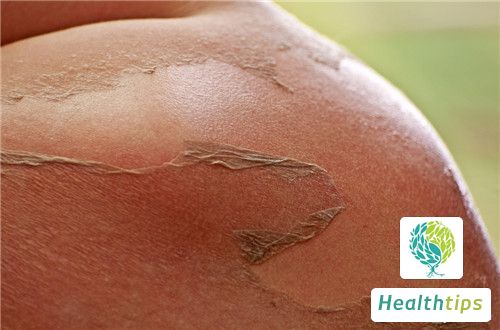What Causes Semen to Have a Gel-like Consistency? How Should I Address It?
Can semen with a jelly-like consistency be physiological and require no treatment? Alternatively, it could be due to pathological reasons leading to semen non-liquefaction, which requires targeted treatment, including improving microcirculation, regulating hormone levels, and using anti-infective drugs as prescribed. Normal semen will have a jelly-like texture after ejaculation, but it should liquefy within 10 to 20 minutes. This is a normal physiological phenomenon and requires no treatment.

If the semen remains jelly-like after being expelled from the body for more than half an hour, it could be due to pathological reasons for semen non-liquefaction, such as prostatitis, seminal vesicle inflammation, varicocele, male infertility, and other conditions. The jelly-like texture in semen is often caused by various diseases. Male semen is secreted by the seminal vesicles, prostate, and bulbourethral glands, and it consists of sperm produced by the body and testes and stored in the epididymis.
Diseases such as prostatitis and seminal vesicle inflammation can lead to semen non-liquefaction, resulting in the presence of a jelly-like substance. The treatment of semen non-liquefaction should be based on a clear diagnosis and target the underlying disease. Treatment measures include improving microcirculation, regulating hormone levels, and taking additional measures to ensure successful fertilization for reproductive purposes. For patients with chronic bacterial prostatitis, antibiotics with high lipid solubility and alkalinity, broad antibacterial spectrum, and effectiveness against Mycoplasma and Chlamydia should be selected. These include quinolones, macrolides, levofloxacin, and other drugs.
For patients with non-bacterial prostatitis, comprehensive therapy should be adopted to improve prostate function. Severe sperm non-liquefaction can affect fertility. Normal fertility requires the combination of sperm and eggs. When there are issues with sperm, such as the presence of a jelly-like substance in semen, it can reduce the motility of sperm, preventing it from combining with eggs and ultimately leading to infertility.
When a jelly-like substance is present in semen, it is essential to take it seriously. When the prostate gland is affected, men may also experience abnormal urination. Therefore, it is important to keep track of urination and promptly identify any abnormalities in the prostate gland, which is similar to prostatitis.
The presence of a jelly-like consistency in semen can be either physiological or pathological. Physiological causes require no treatment, while pathological causes require targeted therapy. It is crucial to consult a doctor for accurate diagnosis and treatment recommendations to ensure proper management of semen non-liquefaction and maintain reproductive health.



















